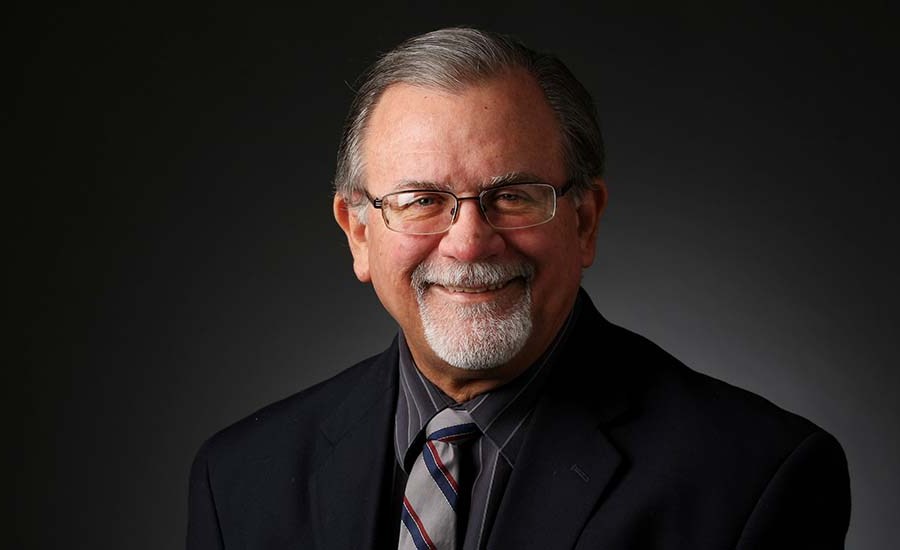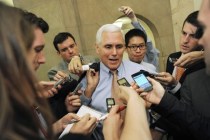Australia-based Aristocrat Leisure Ltd. wasn’t left behind by the tsunami that engulfed the slot machine industry over the past 20 months — you just might not have noticed.
- Home
- >> Business
- >> Business Columns
Inside Gaming

Richard N. Velotta’s Inside Gaming column appears Sunday and Wednesday in Business.
rvelotta@reviewjournal.com … @RickVelotta on Twitter. 702-477-3893
CNBC host and financial gossip monger Jim Cramer set the gaming investment community abuzz last week. Cramer told his “Mad Money” audience there was “speculation” that Wynn Resorts Ltd. “might merge” with MGM Resorts International. But the notion of a MGM-Wynn merger is ludicrous.
On Monday, American stock speculators will be able to buy shares of Internet gaming giant Amaya Inc. on the Nasdaq. Meanwhile, American online poker players still can’t place wagers through the company’s most popular product.
In 2010 Wynn considered moving his corporate headquarters from Las Vegas to the Chinese Special Administrative Region before abandoning the idea. Today, Macau is in a free-fall and it’s taking Wynn Resorts along for the ride.
It’s clear the millennial generation aren’t fond of slot machines. They prefer Angry Birds over Blazing 7s. New gaming regulations headed for Nevada that will soon let gamblers do both.
Peter Erickson worries a suggested move by the Internal Revenue Service to lower the reporting level for gambling winnings will change his casino habits.
On game days for the Real Madrid soccer team, the area surrounding Estadio Santiago Bernabéu is an outdoor festival. Located near the city’s financial district, fans of the club gather with intense passion.
During the past decade, Penn National Gaming was named as a potential buyer of nearly every Strip resort that was for sale or rumored to be on the market.
Spain houses more than 200,000 slot machines countrywide. The payouts are not life changing for the customers and the gaming revenue doesn’t move the needle for operators.
Portugal and Macau are forever connected despite a separation of more than 6,800 miles. Much of the relationship hinged on controversial Hong Kong billionaire Stanley Ho. Thanks to Portugal, Ho owned a monopoly on Macau’s casino market for nearly 40 years.
While the recession knocked the California Indian casino market down a few notches — as it also did in Nevada — signs are afoot the Golden State’s tribal gaming industry is once again firing up.
MGM Resorts International had a busy March. On March 24, MGM officials broke ground on the company’s $800 million hotel-casino development in Springfield, Mass. A day later, MGM leadership celebrated the hiring of the 1,000th construction worker for the $1.25 billion MGM National Harbor in Maryland.
A debate over religious freedom and gay rights was not what Indiana’s challenged gaming industry needed. The state’s 13 casinos experienced a 10 percent decline in gaming revenue in 2014 partly because of new competition.
On his first quarterly earnings conference call as CEO of Full House Resorts, Dan Lee compared himself to the boy who came downstairs one Christmas morning hoping to find a pony.
A policy address by Macau’s top government official this week wasn’t the uplifting and positive message the casino industry and the investment community were hoping to hear.

















